Call 911 or administer epinephrine if you have it prescribed. If epinephrine is given, your child needs to be seen. Stay with your child at all times.
Allergies
What Are Allergies?
Allergies occur when the immune system overreacts to something harmless. The substance is treated as a threat, and some of the main symptoms include swelling, sneezing, and itching. Allergies are very different from a common cold, as allergies last for as long as the allergen is present. A cold is usually triggered by a virus, which leads to a sore throat, cough, and, in children, a runny nose. The common cold usually resolves itself within a couple of weeks, whereas allergies can last a lifetime.
Signs Your Child May Have Allergies
If you are concerned that your child may have allergies, the following are some of the primary symptoms:
-
Watery eyes and sneezing
-
Coughing or wheezing
-
Skin rashes and hives
-
Swelling
-
A runny nose
-
Irritability and tiredness
Symptoms like this can affect your child’s ability to play, focus on school, and even be outdoors.
How We Treat Allergies
There are several ways to treat allergies, so seeking help early is one of the best things you can do for your child. Allergy testing can be done with a simple blood test or skin-prick test with an allergist. It is often the best way to identify the triggers your child has. The process isn’t painful, and it’s quick.
Plenty of medications are available over the counter to treat allergies. Antihistamines come in various forms, including nasal sprays, oral tablets, and eye drops. If your child has severe allergies, an epinephrine auto-injector (EpiPen) can be a safe and reliable solution. Allergy shots and prescription medications are also good options for children who require a little more support.
Tips for Avoiding Allergens
If you want to help yourself or your child avoid allergens, try the following tips:
-
Use an air purifier.
-
Wash your bedding regularly (at least once a week).
-
Vacuum using a HEPA filter.
-
Provide a list of allergens to your child’s teacher, along with the medications your child is taking.
-
Tell your child to avoid going outside during peak pollen hours (usually early in the morning or late afternoon).
-
Keep windows closed.
-
Shower after spending time outdoors to wash off any pollen and prevent it from being carried to your bed.
FAQs About Chronic Allergies
We understand that, as a parent, you may have a few questions about your child’s care. We’ve listed some frequently asked questions below:
Allergy Treatment for Kids in Rigby
If you suspect your child has allergies, it’s important to seek treatment right away. Early treatment is often the best way to prevent complications and improve your child’s quality of life. At Rigby Pediatrics, we’re proud to offer comprehensive testing and personalized care so we can effectively treat your child’s allergies.
Contact us today!







